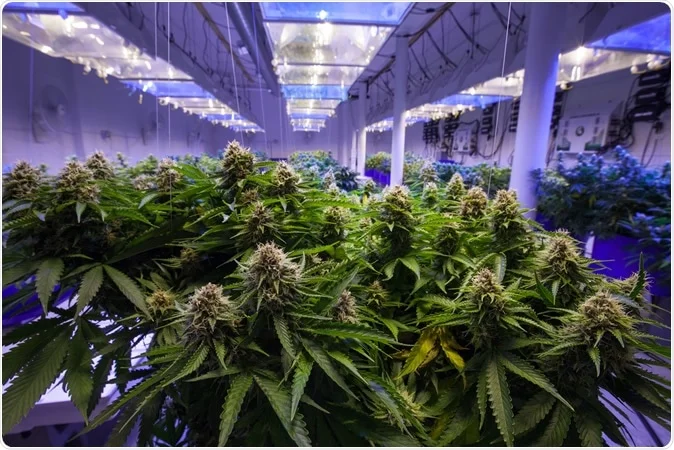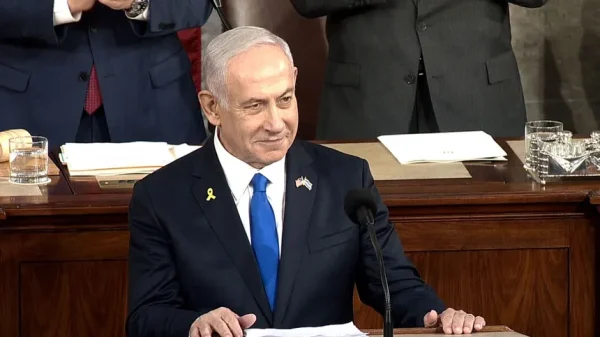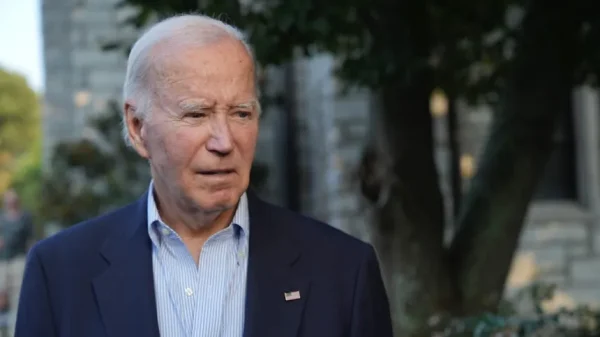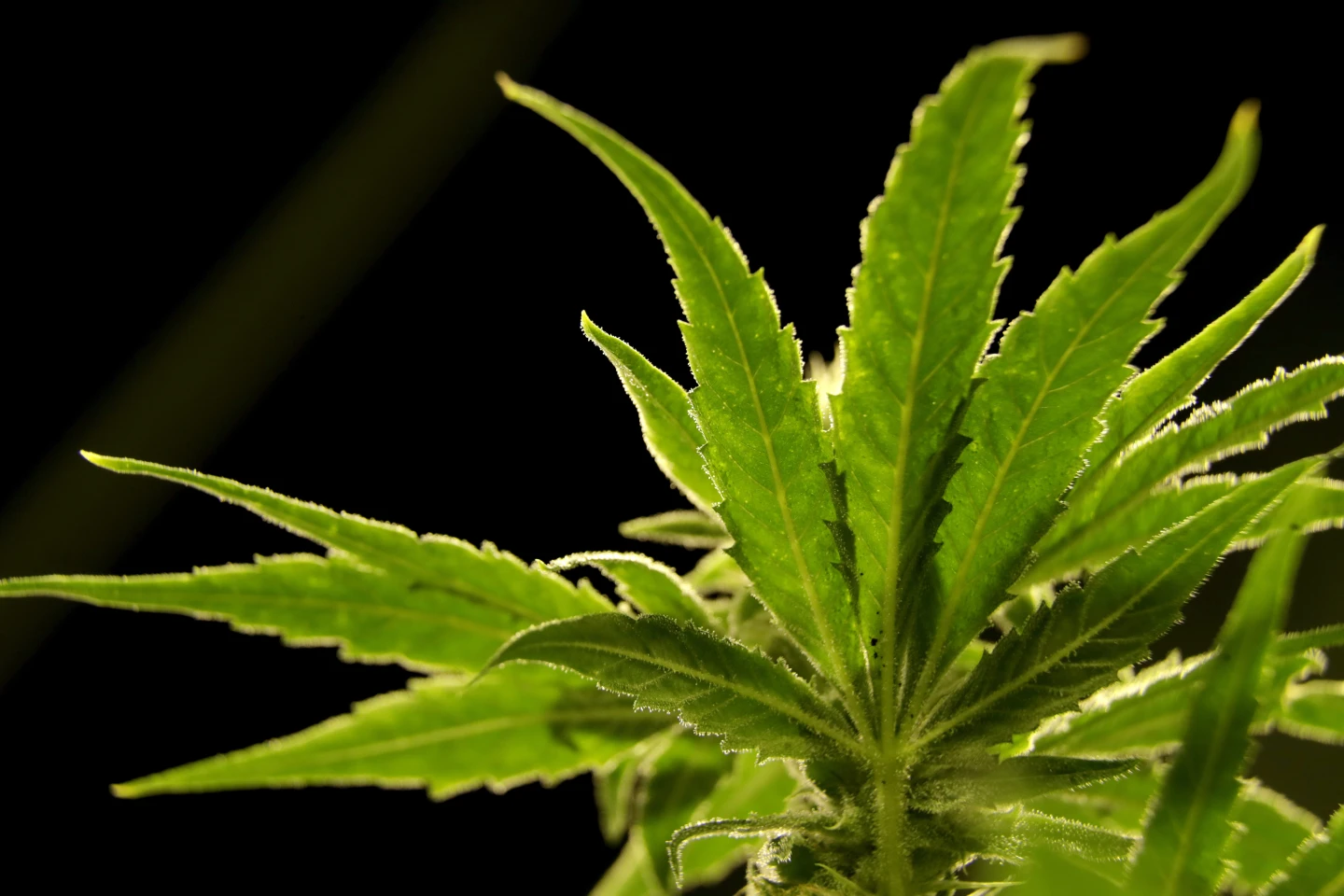The U.S. Drug Enforcement Administration is preparing to reclassify marijuana as a less risky drug, marking a significant shift in American drug policy that could affect the entire country.
The proposed change, still awaiting review by the White House Office of Management and Budget, acknowledges marijuana’s medical benefits and its lower potential for abuse compared to more dangerous drugs. However, it stops short of legalizing recreational marijuana.
Five sources familiar with the matter, speaking anonymously due to the sensitive nature of the regulatory process, confirmed to The Associated Press on Tuesday that the DEA’s move is the final major step before its most significant policy adjustment in over 50 years can move forward.

Quantitative PCR of cannabis flower (Via Jimmy Mendes/Shutterstock)
Once approved by the OMB, the DEA will seek public feedback on the plan to reclassify marijuana from its current status as a Schedule I drug—putting it on par with heroin and LSD—to Schedule III, alongside substances like ketamine and certain steroids, as recommended by the federal Health and Human Services Department. Following the public comment period and a review by an administrative judge, the final rule will be published.
Xochitl Hinojosa, director of public affairs for the Justice Department, confirmed the Attorney General’s proposal to reclassify marijuana from Schedule I to Schedule III, emphasizing that it initiates a formal rulemaking process as required by the Controlled Substances Act.
Attorney General Merrick Garland’s endorsement underscores the Justice Department’s commitment to this move and suggests its significance within the Biden administration.

























